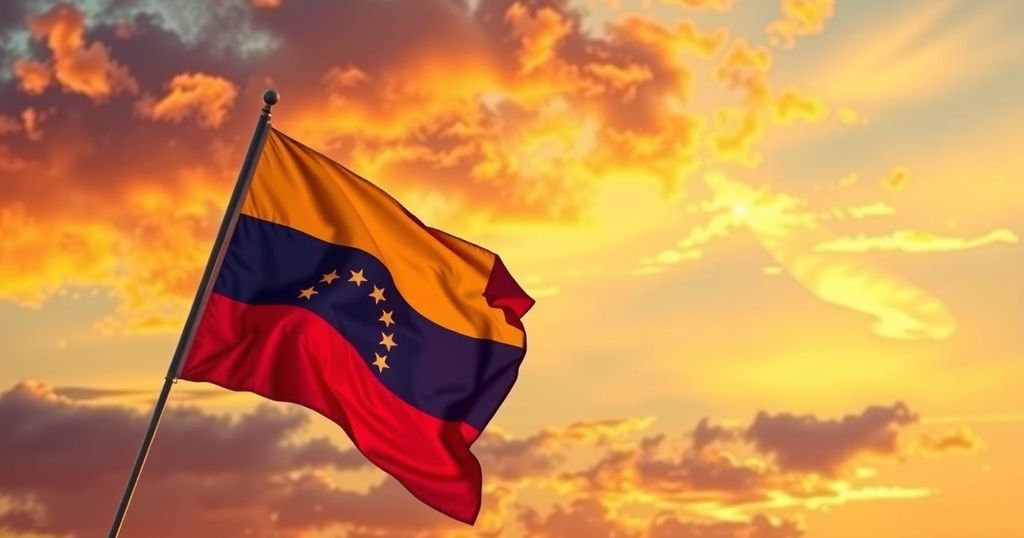Venezuela Frees 10 Americans in Swap for Deported Migrants from El Salvador

- Venezuela released 10 Americans as part of a prisoner swap.
- Deported Venezuelans returned from El Salvador amid complex negotiations.
- Concerns arise over treatment of deportees and mass deportation tactics.
U.S.-Venezuela Hostage Exchange Unfolds Amid Negotiations
Decades of strained relations between the U.S. and Venezuela took an unexpected turn when the Venezuelan government released 10 Americans, seemingly in a hostage exchange for Venezuelan nationals deported to El Salvador. U.S. Secretary of State Marco Rubio confirmed the developments recently, attributing the operation to the decisive leadership of President Donald Trump. This move is aimed at easing long-held tensions, particularly for the Americans who were held in Venezuela for varying durations, raising significant concerns about their treatment while incarcerated.
El Salvador’s Role in Facilitating Release of Americans
El Salvador’s President Nayib Bukele publicly expressed his satisfaction with the terms of the deal, stating that they successfully returned deportees from his country to Venezuela. He described the exchange as beneficial since it encompassed both American citizens and the release of political prisoners languishing in Venezuela’s extensive prisons. Bukele, a supporter of Trump, leveraged this moment to reiterate his critical stance against Venezuelan President Nicolas Maduro’s regime and its practices, which many view as oppressive. The complexities of such negotiations underscore the lengths taken to improve the diplomatic landscape in an area marked by hardship and human rights concerns.
Legal and Ethical Concerns About Deportations
Nevertheless, the arrangement raises serious questions about the implications of Trump’s deportation strategies, especially concerning the treatment and legal status of individuals deported to third-party nations like El Salvador. Critics argue that many individuals have been unjustly targeted as gang members based merely on their clothing and tattoos, which portray a disturbing trend in immigration enforcement practices. The legal outcomes of such actions remain contentious, evidenced by court orders compelling the U.S. government to provide due process for deported individuals— orders complicated by the fact that many of them were swiftly removed and did not have the opportunity to contest their deportations or the allegations against them.
The recent agreement to release 10 Americans in exchange for deported Venezuelans highlights the ongoing complexities of U.S.-Venezuela relations and the role of El Salvador as an intermediary. Significant concerns persist about the treatment of deported individuals and the ethical implications of using mass deportation as a foreign policy tool. As negotiations continue, the global community watches closely to see how these international dynamics unfold in the coming months.








